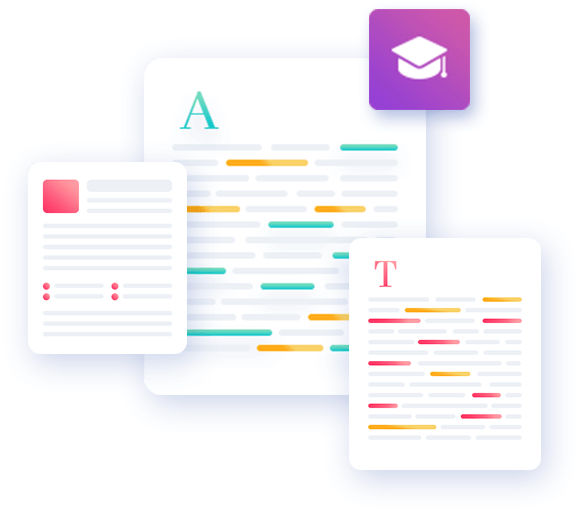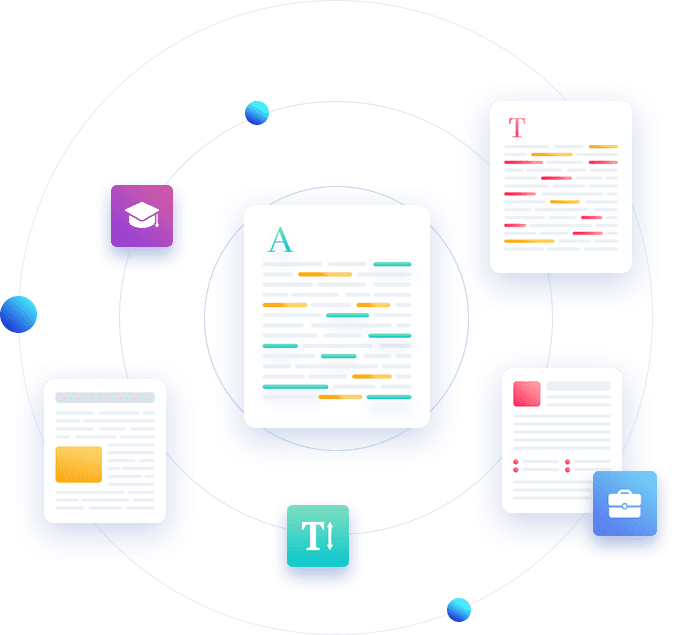Our Samples

Got stuck writing your paper? Take a look at our samples of academic and non-academic papers. We’ve gathered a comprehensive collection of examples for every possible type of work, subject, and formatting style. Still, we continue adding new ones. Feel free to browse and check how your paper may look like.


